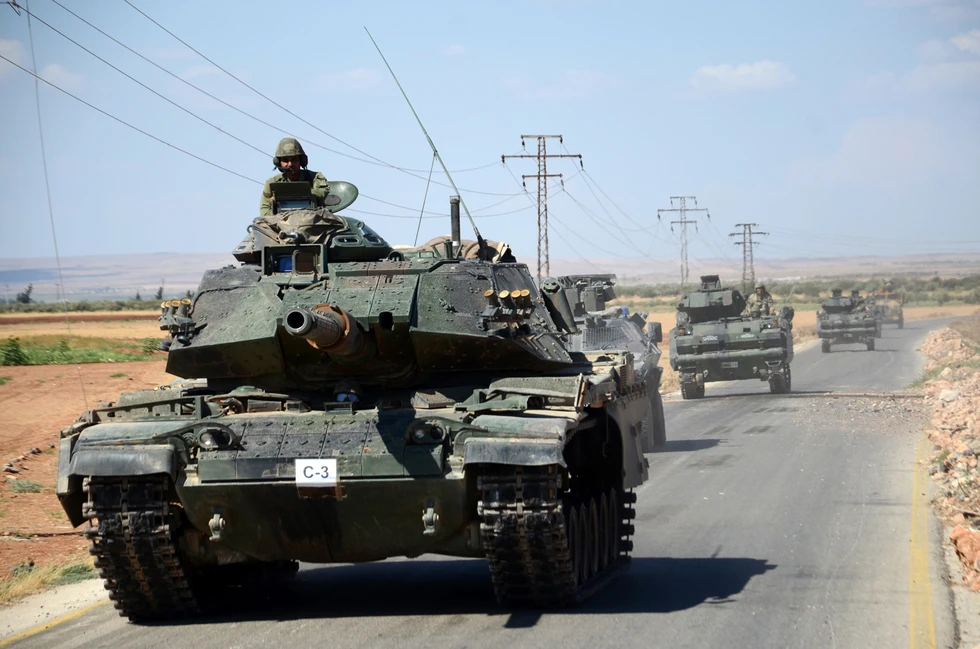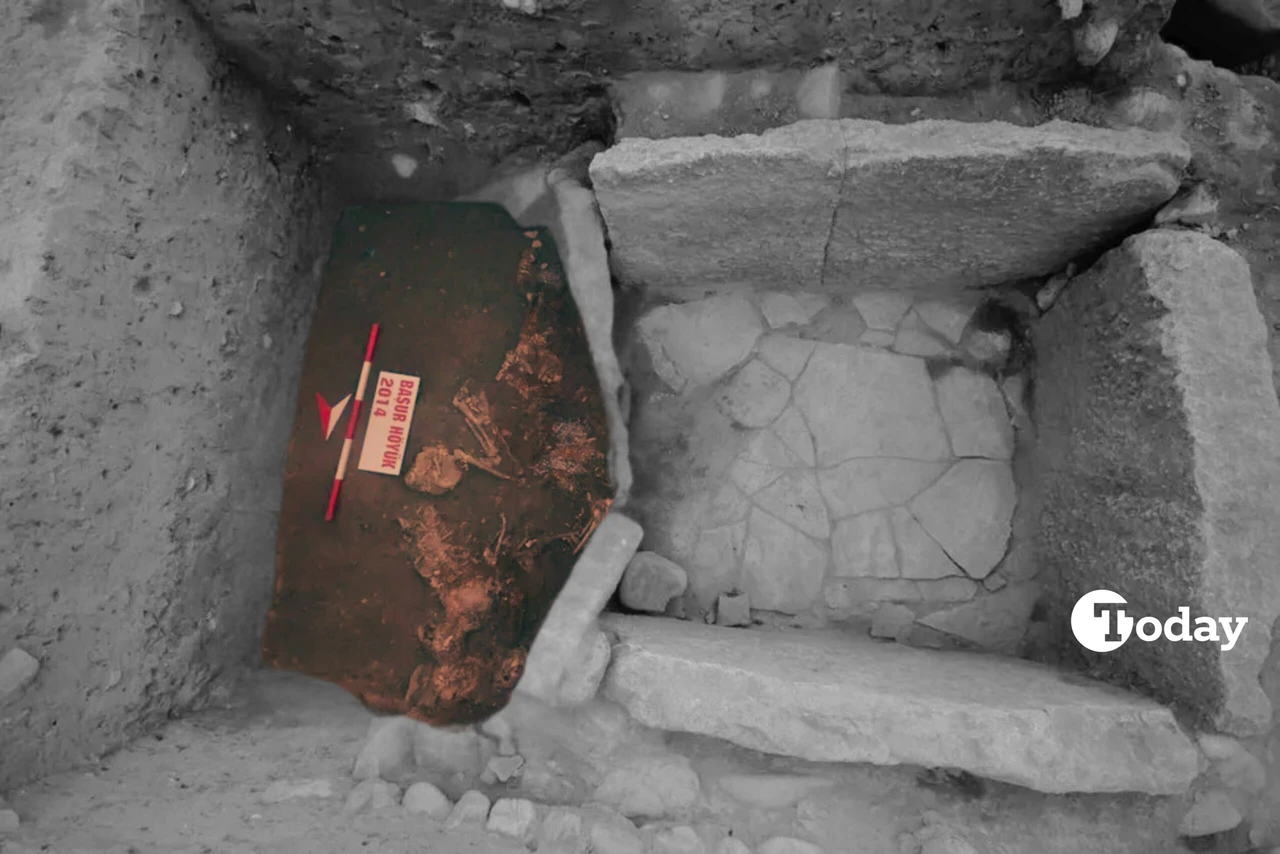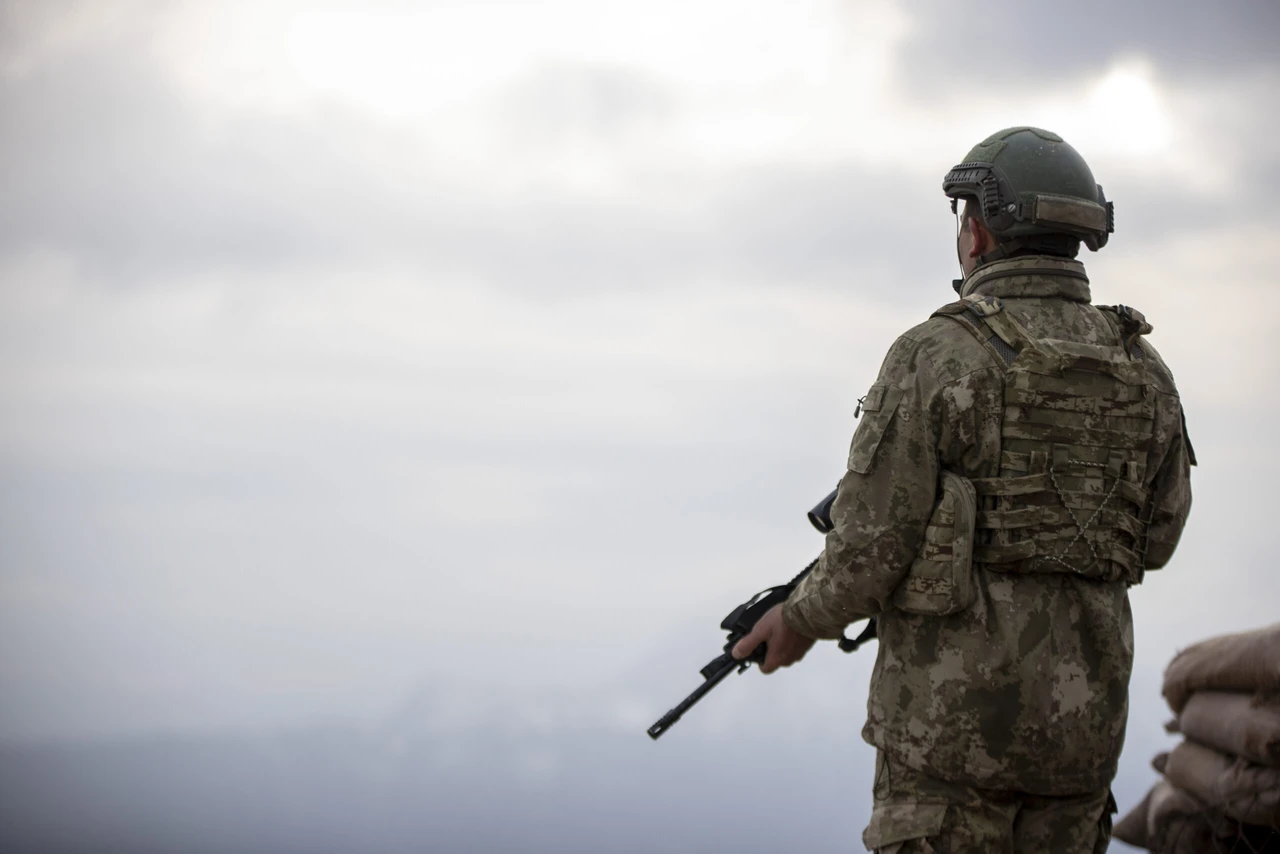PKK/KCK terrorist group finances largely supported by drug trade: Report
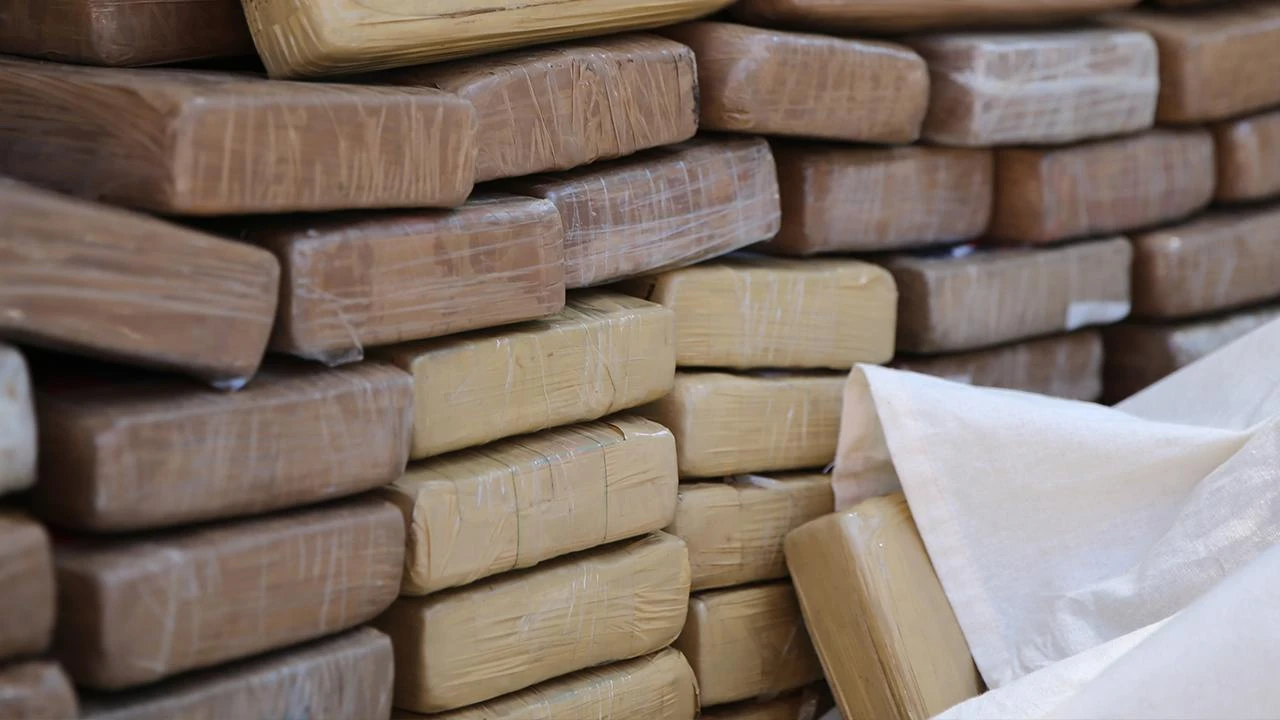 Stacked bales of drugs that have been confiscated as part of Türkiye's war against drugs, October 2024. (AA Photo)
Stacked bales of drugs that have been confiscated as part of Türkiye's war against drugs, October 2024. (AA Photo)
A 2024 report from the Turkish National Police’s Anti-Narcotics Department revealed that a significant portion of the drugs trafficked through Türkiye are being used to finance the PKK/KCK terrorist group.
The report, titled “Türkiye Drug Report: Trends and Developments” outlines Türkiye’s role as a transit route for international drug trade and highlights the direct involvement of the PKK/KCK in drug trafficking operations.
PKK/KCK’s role in drug trafficking
According to the report, Türkiye’s strategic location makes it a key transit route for drug trafficking between continents. A significant share of the narcotics passing through the country is linked to the PKK/KCK, which uses the profits to fund its operations.
The report cites findings from the U.S. Department of State, which states that at least 12 of the world’s 25 largest terrorist organizations are involved in global drug trafficking, with PKK/KCK being one of them.
“Drug trafficking, generating an annual global revenue of $350 billion-$400 billion, is an attractive source of funding for terrorist groups both globally and in Türkiye,” the report notes.
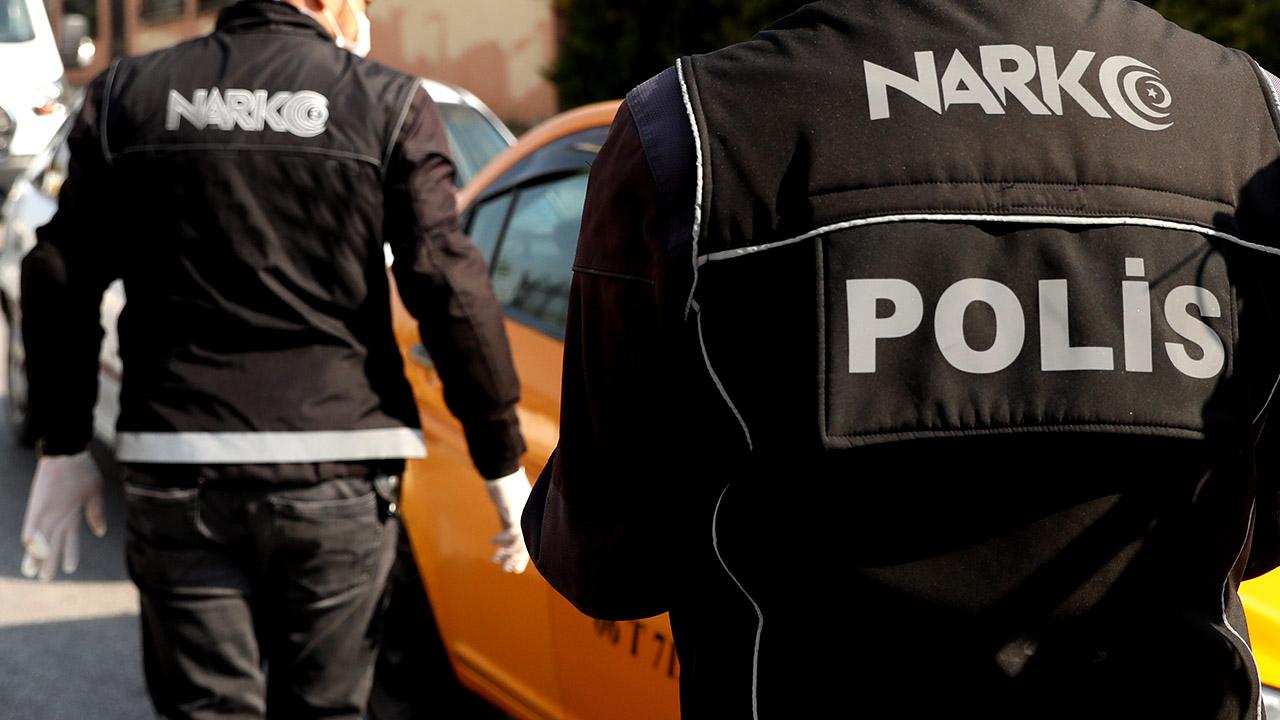
PKK’s control over drug trade
The report further reveals that the PKK/KCK is involved in all stages of drug trafficking, from production to distribution. Findings from recent anti-narcotic operations corroborate this, showing the terrorist group’s control over drug trafficking routes and its direct involvement in illicit activities.
Key findings from the report include:
- PKK/KCK coordinates drug trafficking and collects so-called “taxes” from those transporting narcotics through Türkiye.
- The organization has a strong presence in Europe’s drug distribution networks.
- PKK seizes drugs from individuals and organized groups that engage in trafficking without informing the group.
- It provides protection and logistical support for organizations involved in drug production and transportation.
- The PKK/KCK also plays a significant role in illegal cannabis cultivation in Türkiye’s eastern and southeastern regions.
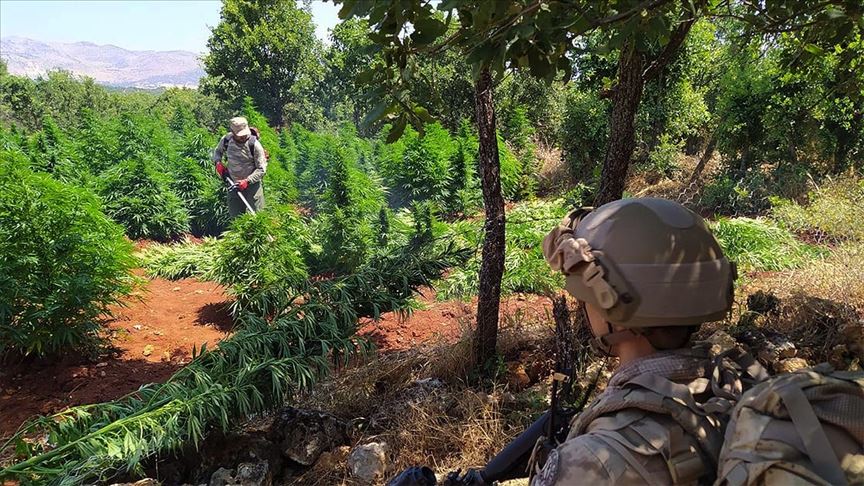
International reports on PKK’s drug ties
The report cites the Financial Action Task Force (FATF), which highlighted the PKK’s involvement in illegal drug trafficking in a 2015 document. The group profits from drug trafficking routes that transport narcotics from Türkiye to European markets.
The PKK terrorist group has long been accused of involvement in drug trafficking in the Middle East, Türkiye and Europe, with reports linking the group to heroin smuggling routes from Afghanistan to Europe via Iran and Türkiye.
According to a 2007 report by Roth and Sever, the PKK is involved in drug smuggling, specifically taxing and participating in heroin trafficking and the logistics associated with it. The group has also been implicated in various other criminal activities, including extortion and human trafficking.
In 2017, Turkish authorities claimed the PKK controlled 80% of Europe’s illicit drug market, generating an estimated $1.5 billion annually from heroin production in northern Iraq. Former Turkish Prime Minister Binali Yildirim also said that the PKK profited from heroin and cocaine sales to European youth.
Further open-source evidence includes a U.K. intelligence report that linked the Kurdish gang Tottenham Boys to the PKK, suggesting proceeds from drug sales and extortion were funneled to the group. Additionally, in 2012, the U.S. Treasury named three Moldova-based individuals as part of the PKK’s drug network.
Despite these reports, few open-source examples conclusively link the PKK to drug operations in Europe. In one instance, Kurdish drug dealer Hamit Uslu, suspected of having ties with PKK/KCK was arrested in France in 2013.
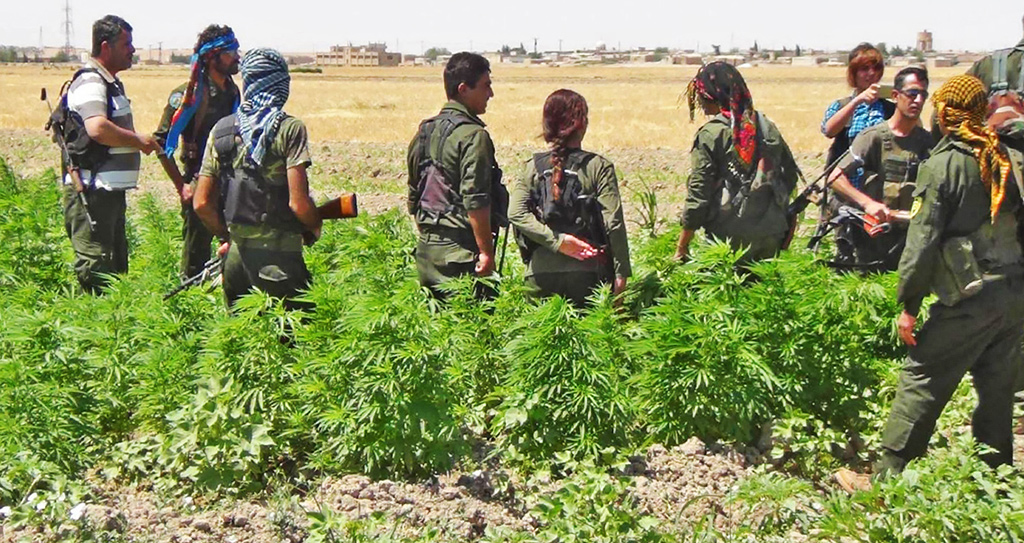
Internal operations and security
The report also states that the PKK/KCK uses specialized cells to conduct its drug trafficking operations. These cells operate separately from other parts of the organization, and most members are unaware of the specific drug-related activities taking place.
